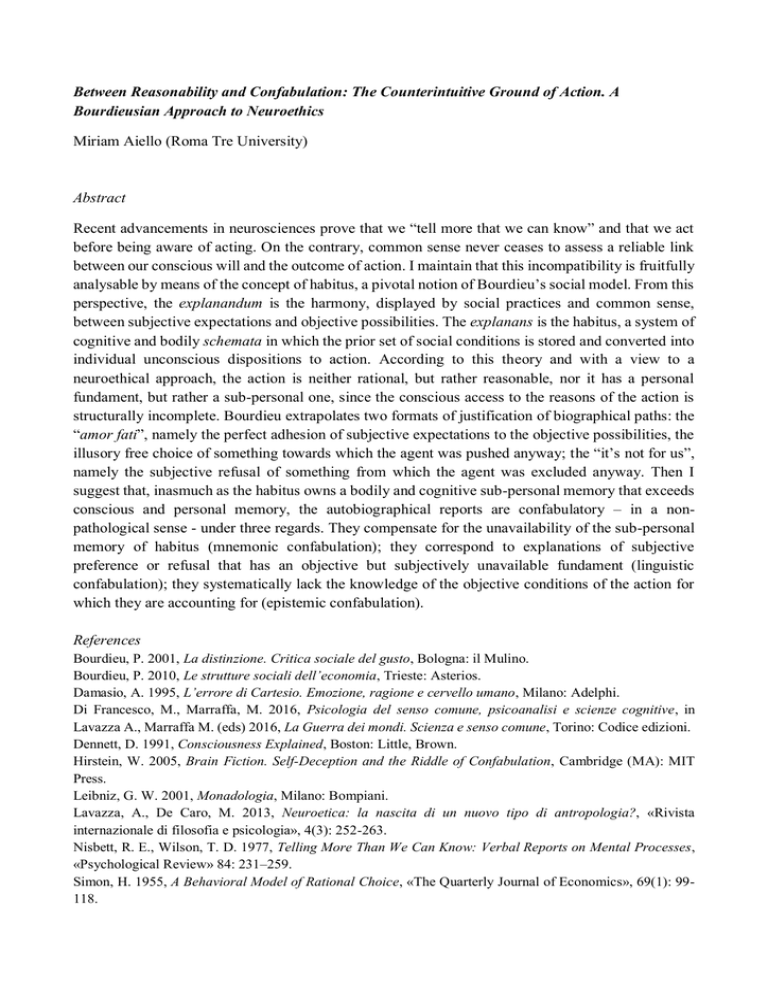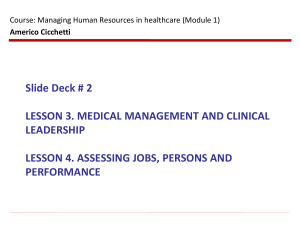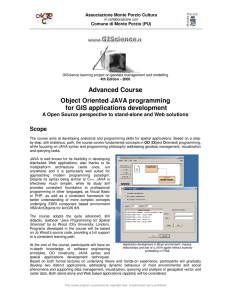
Between Reasonability and Confabulation: The Counterintuitive Ground of Action. A
Bourdieusian Approach to Neuroethics
Miriam Aiello (Roma Tre University)
Abstract
Recent advancements in neurosciences prove that we “tell more that we can know” and that we act
before being aware of acting. On the contrary, common sense never ceases to assess a reliable link
between our conscious will and the outcome of action. I maintain that this incompatibility is fruitfully
analysable by means of the concept of habitus, a pivotal notion of Bourdieu’s social model. From this
perspective, the explanandum is the harmony, displayed by social practices and common sense,
between subjective expectations and objective possibilities. The explanans is the habitus, a system of
cognitive and bodily schemata in which the prior set of social conditions is stored and converted into
individual unconscious dispositions to action. According to this theory and with a view to a
neuroethical approach, the action is neither rational, but rather reasonable, nor it has a personal
fundament, but rather a sub-personal one, since the conscious access to the reasons of the action is
structurally incomplete. Bourdieu extrapolates two formats of justification of biographical paths: the
“amor fati”, namely the perfect adhesion of subjective expectations to the objective possibilities, the
illusory free choice of something towards which the agent was pushed anyway; the “it’s not for us”,
namely the subjective refusal of something from which the agent was excluded anyway. Then I
suggest that, inasmuch as the habitus owns a bodily and cognitive sub-personal memory that exceeds
conscious and personal memory, the autobiographical reports are confabulatory – in a nonpathological sense - under three regards. They compensate for the unavailability of the sub-personal
memory of habitus (mnemonic confabulation); they correspond to explanations of subjective
preference or refusal that has an objective but subjectively unavailable fundament (linguistic
confabulation); they systematically lack the knowledge of the objective conditions of the action for
which they are accounting for (epistemic confabulation).
References
Bourdieu, P. 2001, La distinzione. Critica sociale del gusto, Bologna: il Mulino.
Bourdieu, P. 2010, Le strutture sociali dell’economia, Trieste: Asterios.
Damasio, A. 1995, L’errore di Cartesio. Emozione, ragione e cervello umano, Milano: Adelphi.
Di Francesco, M., Marraffa, M. 2016, Psicologia del senso comune, psicoanalisi e scienze cognitive, in
Lavazza A., Marraffa M. (eds) 2016, La Guerra dei mondi. Scienza e senso comune, Torino: Codice edizioni.
Dennett, D. 1991, Consciousness Explained, Boston: Little, Brown.
Hirstein, W. 2005, Brain Fiction. Self-Deception and the Riddle of Confabulation, Cambridge (MA): MIT
Press.
Leibniz, G. W. 2001, Monadologia, Milano: Bompiani.
Lavazza, A., De Caro, M. 2013, Neuroetica: la nascita di un nuovo tipo di antropologia?, «Rivista
internazionale di filosofia e psicologia», 4(3): 252-263.
Nisbett, R. E., Wilson, T. D. 1977, Telling More Than We Can Know: Verbal Reports on Mental Processes,
«Psychological Review» 84: 231–259.
Simon, H. 1955, A Behavioral Model of Rational Choice, «The Quarterly Journal of Economics», 69(1): 99118.


